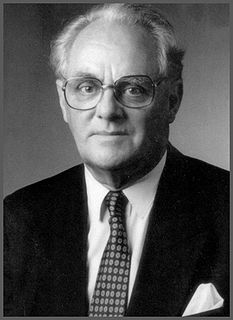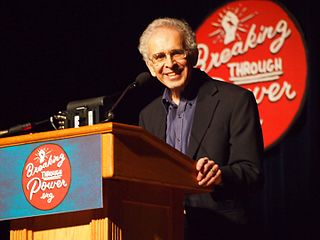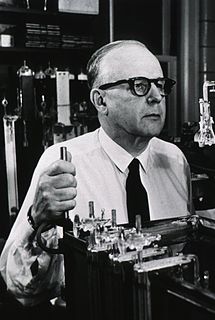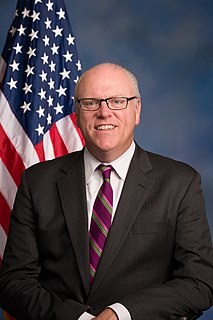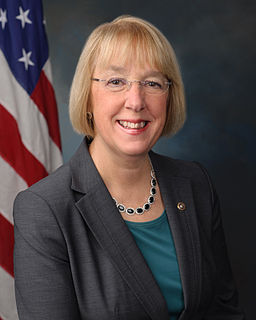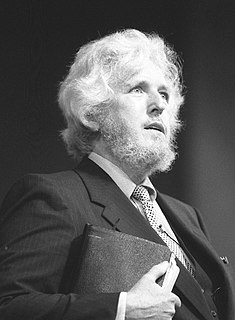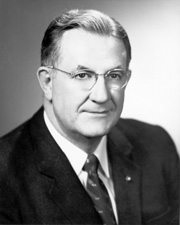A Quote by Hans Alfred Nieper
You wouldn't believe how many FDA officials or relatives or acquaintances of FDA officials come to see me as patients in Hanover. You wouldn't believe this, or directors of the AMA, or ACA, or the presidents of orthodox cancer institutes. That's the fact
Related Quotes
When the FDA forces an old drug off the market, patients have very little say in the matter. Patients have even less of a say when the FDA chooses not to approve a new drug. Instead, we are supposed to rely on the FDA's judgment and be grateful. But can the FDA really make a choice that is appropriate for everyone? Of course not.
22 of 52 top (FDA) officials have worked for regulated industries, or organizations that cater to those industries...During a hearing held in 1969 by the House Inter-governmental Relations Subcommittee, it was disclosed that of 49 high ranking FDA officials who had recently resigned or retired, 37 joined or served as consultants to regulated industries.
Dean Burk, PhD, of the National Cancer Institute (head of their Cytochemistry Section and 32-year veteran at the agency) declared in a (May 30,1972) letter to (congressman Louis Frey, Jr.) that high officials of the FDA, AMA and ACS (American Cancer Society), were deliberately falsifying information, literally lying...and in other ways thwarting potential cancer cures to which they were opposed.
Treating only terminal cancer patients, the Rand (anti-cancer) vaccine produced objective improvement in 35% of 600 patients while another 30% demonstrated subjective improvement. FDA stopped the vaccine's use in a federal court hearing where neither the cancer patients nor their doctors were allowed to testify.
Such letters...from the FDA, are, filled with objectively demonstrable lies, practiced deceptions and deviousness, red herrings, directed misinformation, misdirected information, etc. ...Once FDA-NCI-AMA-ACS...concedes that Laetrile anti-tumor efficacy was indeed even once observed...a permanent crack in bureaucratic armor has taken place.
The field of U.S. cancer care is organized around a medical monopoly that ensures a continuous flow of money to the pharmaceutical companies, medical technology firms, research institutes, and government agencies such as the Food and Drug Administration (FDA) and the National Cancer Institute (NCI) and quasi-public organizations such as the American Cancer Society (ACS).
Bankers themselves govern the Fed to some extent, and then there's the classic revolving door where Fed officials come from and then go back to the financial sector. Fed officials tend to believe that the institution should have a large measure of independence from democratic control, even though in law it is under the ostensible control of Congress.
Food safety oversight is largely, but not exclusively, divided between two agencies, the FDA and the USDA. The USDA mostly oversees meat and poultry; the FDA mostly handles everything else, including pet food and animal feed. Although this division of responsibility means that the FDA is responsible for 80% of the food supply, it only gets 20% of the federal budget for this purpose. In contrast, the USDA gets 80% of the budget for 20% of the foods. This uneven distribution is the result of a little history and a lot of politics.
I think every doctor should know the shocking state of affairs...We discovered they (the FDA) failed to effectively regulate the large manufacturers and powerful interests while recklessly persecuting the small manufacturers. ...(The FDA is) harassing (small) manufacturers and doctors...(and) betrays the public trust.
